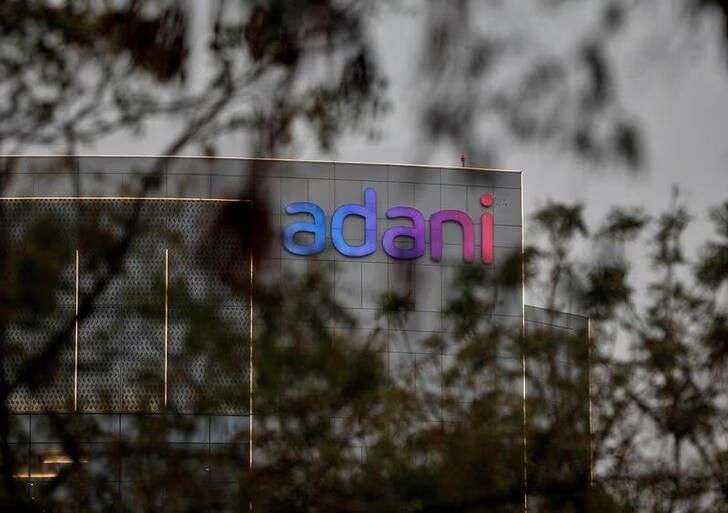
UNDER the Capital Market and Services Act, 2007 (CMSA), offences related to market manipulation are found under Section 176.
According to Section 176(1), subject to section 180, no person shall effect, take part in, engage in, be concerned in, or carry out, either directly or indirectly, any number of transactions in securities of a corporation, being transactions that have, or are likely to have, the effect of raising; lowering; pegging, fixing, maintaining, or stabilising; the price of securities of the corporation listed on a stock market in Malaysia, for the purposes which may include the purpose of inducing other persons, whether or not another person is induced, to acquire or dispose of the securities of the corporation or related corporation.
However, section 176 of the CMSA does not apply when the minister makes a regulation with respect to any particular class, category, or description of persons or any particular class, category, or description of transactions, relating to securities.
The offences under section 176 of the CMSA carry a prison term not exceeding 10 years and a fine not less than RM1mil.
While there have been cases of market manipulation in Malaysia, most of these were long-drawn court affairs whereby final decisions were rather mild, mainly due to plea bargaining.
A case in point was the recent case whereby two individuals were merely sentenced to a day’s jail and fined RM4mil each last year for offences committed in 2004 and under the previous legislation, the Securities Industry Act, 1983.
Under the current Section 176 of the CMSA, no offences have been committed in the last five years based on information provided on the Securities Commission’s website.
While investors may see many “more” such cases of manipulation in the market, bringing those involved to justice is not an easy task as the prosecution would need to prove a criminal act has been committed by the perpetrators.
The Adani Group’s Case
Hindenburg Research, an investment research firm focusing on companies that are seen as over-valued, issued a 106-page report on the Adani Group and flagged material stock price manipulation and accounting fraud scheme over the past decade.
The research, which took two years to complete, accused Gautam Adani, the world’s third-richest man and founder of and chairman of the group, of amassing an extraordinary wealth of over US$100bil (RM424.7bil) over the past three years alone, which saw his stable of companies rising by as much as 820% on average and hitting total market capitaliation of US$218bil (RM925.8bil).
The research report, other than flagging incompetent auditors, also highlighted the sky-high price-earnings multiple of the seven listed companies, ranging from 35 times to as high as 831 times.
Even after using different valuation benchmarks, such as price/sales or enterprise value to earnings before interest, tax, depreciation and amortisation (Ebitda), the seven companies were seen to have between 21% and 98% downside risk when measured against the industry averages.
The report also accuses Adani of using extreme leverage, with net debt/Ebitda multiples ranging between 1.5 times and 12.1 times for the stable of seven listed companies.
In response to these accusations, the Adani Group issued a 413-page rebuttal in addition to a threat of initiating legal action, which Hindenburg Research welcomed the group to do so.
Since the release of the report on Jan 24, 2023, the Adani Group took a severe beating with US$108bil (RM458.6bil) erased from its market capitalisation.
Adani’s US-traded bonds too took a beating, trading at a distress level of below 70 US cents (RM2.99) to the US dollar, after the group pulled the plug on a follow-up public offer of Adani Enterprise’s newly issued private placement worth US$2.5bil (RM10.6bil), despite being fully subscribed.
Who is Right?
Typically, market manipulation activities are carried out by persons in the know or parties that are known to the majority shareholders.
In Malaysia’s case, while we have seen rhetoric rise of share prices of certain companies, most of them are not detected by the authorities as these often are more likely to be insider trading-related offences and authorities have been pursuing these types of cases rather consistently.
Market manipulation is usually done over a sustained period without apparent reason and typically, these stocks are cornered by those in the know.
However, insider trading activities are carried out with information that is not publicly available.
It is not easy to ascertain the facts whether a rise in share prices of a company or a group of companies is related to market manipulation but to accuse a company of doing so must be backed with hard facts to enable the authorities to take action.
After all, Section 176 of the CMSA spells out what is an offence when it comes to market manipulation.
What’s Next for Adani?
It’s either bust or the company is able to withstand the accusation thrown against it by the research report.
The facts that were published by Hindenburg Research are for all to see and any analyst worth their salt would probably agree that the valuation matrix of the Adani group of companies is over-valued.
Should the Indian regulators step in to investigate the case? Definitely. It is one of the ways for the regulators to clear the air as to whether any manipulative trading activities had taken place or otherwise.
After all, the Securities and Exchange Board of India had taken numerous actions before on market manipulation activities.
As for the Adani Group and Hindenburg’s findings, with both standing by their version of the story, it looks likely that a lengthy legal battle is on the cards.
With total market capitalisation approximately halved from its peak, the withdrawal of the placement exercise was a clear signal that something is not right, especially when the offer was fully subscribed.
The drama as far as the Adani group of companies is concerned is still unfolding but the damage to the reputation of the company has indeed been dented.
Pankaj C. Kumar is a long-time investment analyst. The views expressed here are the writer’s own.
The article was first published here.
Photo by Ishant Mishra on Unsplash.

 5.0
5.0 

















